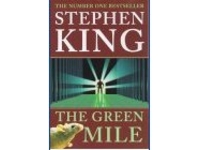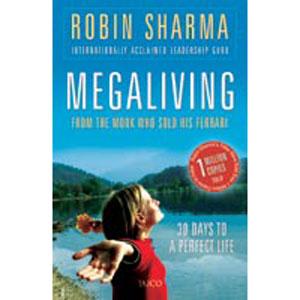Stephen King's The green Mile
September 7, 2010
John Coffey arrives at Cold Mountain Penitentiary ready to walk "The Green Mile" for the murder of the twin girls under his protection. Prison Guard Paul Edgecombe has a duty to ensure even the most psychopathic of murderers such as Billy "The Kid" Wharton journey along the mile towards the electric chair is a peaceful one. Why then does Paul start to doubt Coffey's guilt and what does Coffey mean when he says, "I tried to take it back but it was too late"?
Stephen King's "The Green Mile" is that rarest of beasts, a novel that has a wide appeal crossing numerous genres along the way. Perhaps it is because it was originally written as a six-book serial that King is able to defy genre and write so expressively but either way the results are impressive. This is a novel that refuses to be pigeonholed.Part supernatural-thriller, part historical epic this novel uses an autobiographical style to convey a sense of realism. Using Paul Edgecombe as the narrator of the story it is told as one long flashback from the point of view of Edgecombe in a Nursing Home which he perceives as his very own walk towards death.
Set in depression era America King provides a sobering backdrop in this, a most bizarre tale. King brings the prison itself in the form of E block vividly to life with descriptions that make you envisage the smell of lime on the floors. It is easy to picture the dank, dark cells brightened only by the flickering lights of "The Green Mile" itself.Edgecombe as a central character at first seems a strange choice. He is such a steady, honest character that he fails to leave any significant impression. However, as he is the narrator of the tale I can only assume this is intentional as his averageness (if there is such a word!) lends itself to the novels believability and sense of realism. Fortunately, there are plenty of other characters to hold interest. Be it the mysterious, simple-minded Goliath John Coffey or the wicked, malicious prison guard Percy King is able to captivate with a vast array of complex personalities.
I can hear people already thinking "It sounds good but I do not like King". I ask you to suspend your preconceptions of King as a thriller/horror writer and give this novel a chance. King is actually at his best when he veers away from the genre for which he is widely known. Those of you who have read the short stories "The Shawshank Redemption", "The Body" or "Hearts in Atlantis" are well aware of this but those who have not were you aware that all of these are some of King's most successful film adaptations ("The Body" renamed "Stand By Me")? Of course it is impossible not to compare "The Green Mile" book to the award winning film adaptation. Of course there are many similarities with the film surprisingly loyal to the book but I would still urge you to read the book. I love the film but the book is so much more. Backgrounds are more complex, characters deeper and reasoning much more clearly explained. Also were the book is different than the film is that it is less about the black and white of good and bad and more about the shades of grey. Prison Guards in the book are not the whiter than whiter characters you see portrayed in the film of the same name. Indeed the prisoners on Death Row are not given as much sympathy by King as in the film adaptation.This book is emotional, in parts it is a disturbing look into America's depression era manner of justice but largely it is an uplifting read. Of course it is a little lengthy due to it being an amalgamation of a six novel series but I still found myself hooked throughout. It has a plodding style that is all about setting the scene but for me this is a refreshing change from the non-stop action of a King horror.What I am trying to say in my long-winded way is read this book! King lovers will be pleased and it may even convince the most ardent of King haters that he can weave a convincing story. Go on you know it makes sense.
Click To DownloadPosted by abhijith marathakam. Posted In : Best Sellers



